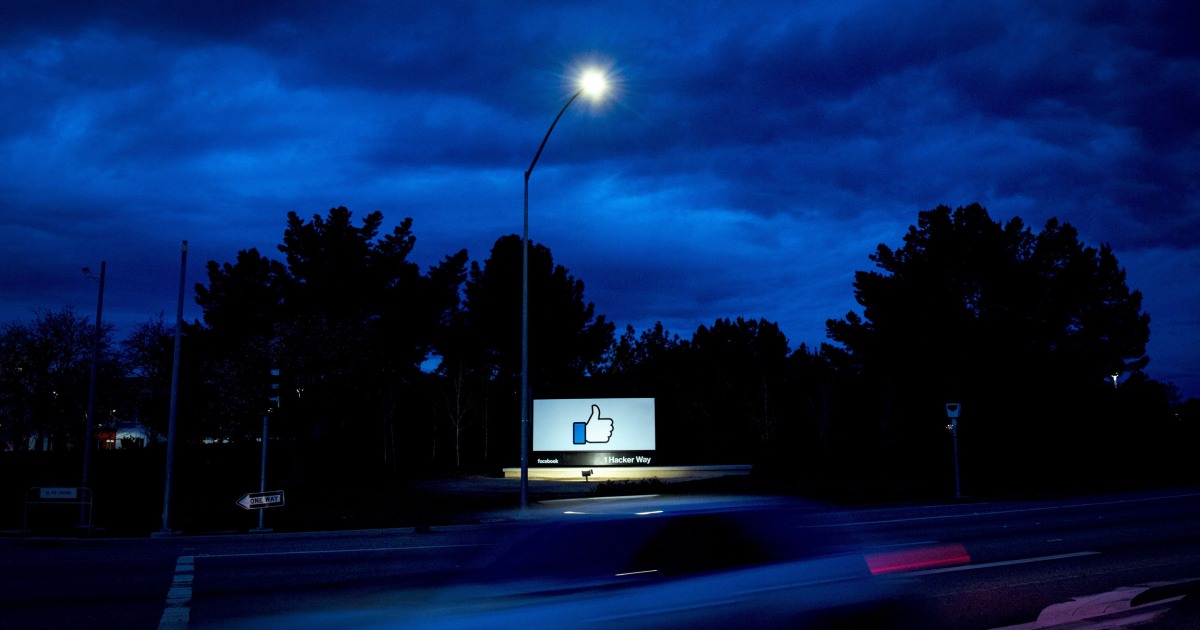WASHINGTON – Facebook announced on Wednesday that it recently dropped separate networks of fake Iranian and Russian accounts that were trying to promote pro-regime messages at home and feed divisions within target countries like Israel, underscoring the persistence of foreign-influenced campaigns on platforms based social media sites.
One of the Iranian networks used fake accounts to reach audiences in Iraq, Afghanistan, Israel and the United Kingdom, posting memes, political cartoons and other content in Arabic, English, Pashto and Hebrew about news and internal politics, Facebook said.
This network promoted Scotland’s independence from the United Kingdom, criticism of Israeli Prime Minister Benjamin Netanyahu and the US influence in Iraq and Afghanistan.
“The Taliban and the United States are united against Afghanistan,” read the caption for a cartoon showing the Taliban and American flags mounted on a map of the country. “Scotland deserves better,” said another.
The Russian network included 530 fake Instagram accounts, originating mainly from Russia and aimed at the domestic audience in connection with the recent protests in support of Alexei Navalny, an anti-corruption activist and opponent of Russian President Vladimir Putin. Up to 50,000 people followed one or more of the accounts.
The Russian network used techniques known as “hashtag poisoning” and “location poisoning”, posting large volumes of irrelevant or critical content in specific hashtags and location tags to smother pertinent information and redirect the conversation, Facebook said.
Some of the location tags included places where protesters planned to meet in Moscow and St. Petersburg on January 23 and 31, and later, near the Moscow City Court, Facebook said.
For profile pictures, Facebook said, Russian accounts used celebrity or computer-generated photos, and the accounts appeared to have been created in bulk and purchased from a third-party broker.
The accounts seemed designed to deter protesters. One posted in January about the risk of contracting the Covid-19 virus.
“I went to the protest on January 23 – now the grandfather is on the fan,” said the newspaper.
The fake accounts were quickly detected by Facebook’s automated systems and closed, Nathaniel Gleicher, Facebook’s head of cybersecurity policy, told NBC News.
“They were not very effective,” he said, but posting them provides useful insights into how foreign advertising networks work and what kind of messages they use.
Facebook did not formally attribute the activity to the Iranian and Russian governments.


